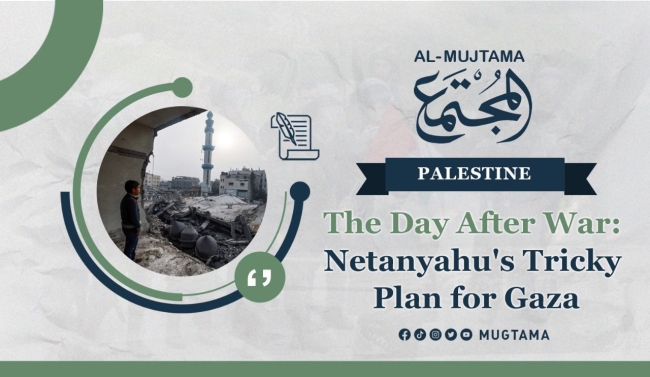The Day After War: Netanyahu's Tricky Plan for Gaza
The Next Day
Benjamin Netanyahu presented a document to the Israeli Mini-Ministerial Council for Security and Political Affairs. This document didn't really have a clear plan to end the war. It seemed like Netanyahu was trying to make everyone happy without making any tough decisions.
Netanyahu's Goals
Netanyahu's main goals with this document were to avoid international pressure, not upset the US President Joe Biden, keep his government coalition together, and please his right-wing partners like Minister Itamar Ben Gvir and Minister Bezalel Smotrich.
Security Interests
The document talked about Israel's security interests for the day after the war. It focused on controlling communication between Palestinians and the world, especially in the Salah al-Din Axis between Gaza and Egypt. This was important to weaken Hamas.
The Next Day
Netanyahu's announcement of the "The Day After" document came at a time when Israel was planning to prevent displaced Palestinians from returning to their homes in the northern Gaza Strip. The Israeli army wanted to keep control over the Netzarim Corridor to negotiate with Hamas.
A Bargaining Chip
The Israeli army was using the Netzarim Corridor as a bargaining chip to end the fighting. They were pressuring civilians to leave the area to expand military operations and put pressure on Hamas during negotiations.
Not Applicable
Experts doubted the seriousness of Netanyahu's plan. They thought it was full of ambiguity and lacked clarity. The fighting in Gaza was still going on, and Hamas was still strong.
Deception and Illusions
Some critics thought Netanyahu's plan was just a way to deceive the public. They believed the document didn't really have any value and was just a way for Netanyahu to keep the conflict going without actually solving anything.
------------
Source: Al Jazeera


